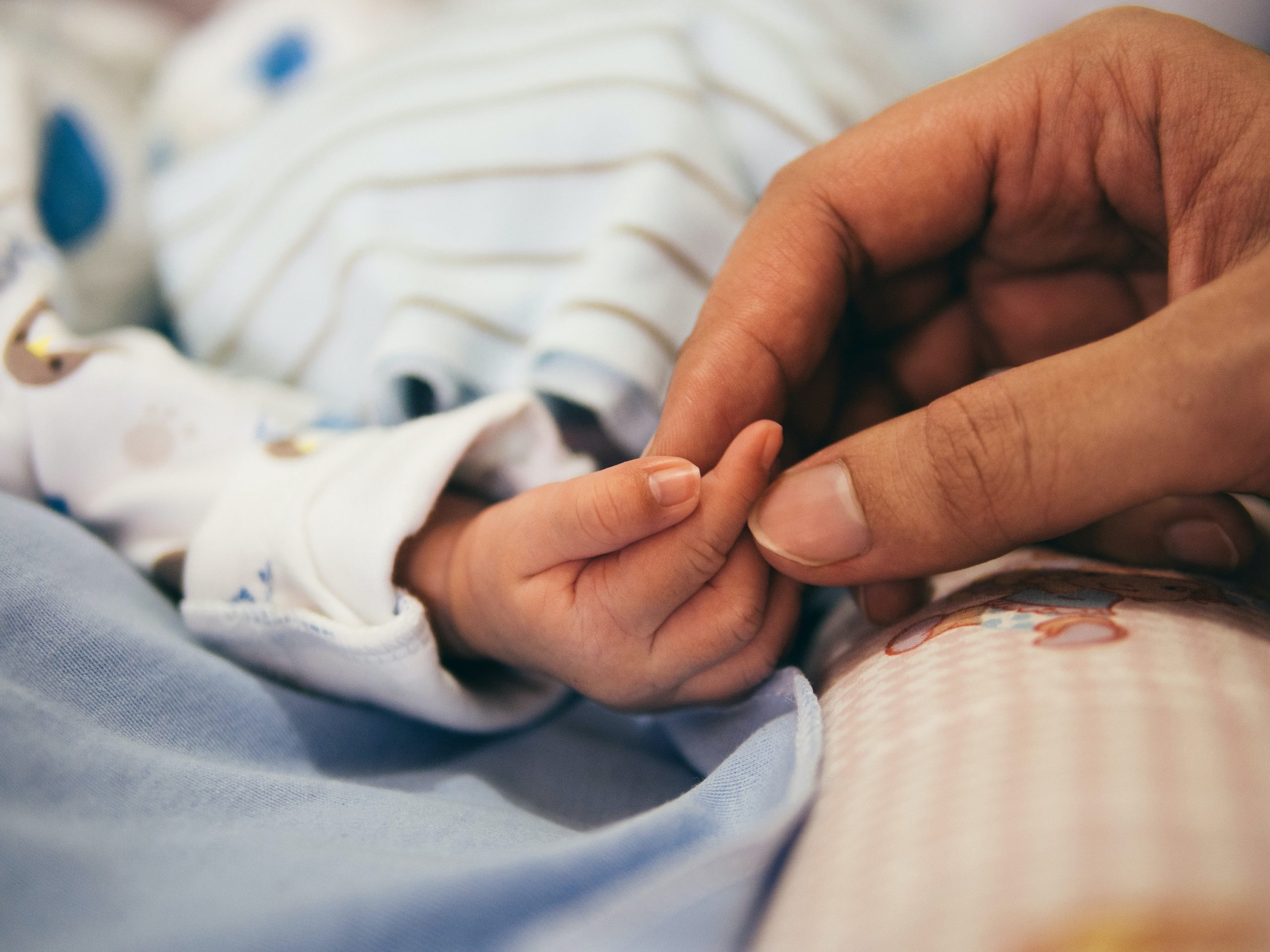Artificial intelligence isn’t a phrase one usually expects to be heard in the same breath as maternal health — and yet, recent research indicates that AI might be key to drastically improving outcomes for expecting mothers.
In early November, researchers from the University of Seville released a report suggesting that by integrating AI into prenatal wellness screenings, healthcare providers may be able to detect significant disorders such as congenital heart defects, gestational diabetes, and preterm birth risk far earlier than they might have with only conventional testing means.
Why is this important? Past literature indicates that early diagnosis and intervention are crucial to averting complications later in pregnancy. Take gestational diabetes as an example — one 2017 study found that when high-risk women receive an early diagnosis for the condition, their pregnancy tends to have the same or better outcomes as those experienced by lower-risk women with later-term diagnoses.
Researchers further found that “accessing early treatment also resulted in the high risk group having no increased risk of having big babies, pre-eclampsia or caesarean section which are common complications for women with gestational diabetes, compared to lower risk women diagnosed later in the pregnancy.”
Early intervention is often crucial to the developing child’s health, as well. As one researcher once wrote on the diagnosis of congenital heart defects: “Failure to recognise these defects early in life can have serious consequences. The child’s future health, and indeed survival, may be severely compromised by late diagnosis.”
Given the stakes associated with early diagnosis, the support that artificial intelligence stands to offer maternal healthcare providers cannot go overlooked.
“There is growing interest in the application of artificial intelligence in obstetrics and gynecology,” María del Carmen Romero, one of the researchers involved with the University of Seville’s exploration, shared in a press statement. “These applications of AI can not only monitor women’s health during pregnancy, but can also help to improve the universal provision of health services, especially in the most disadvantaged areas. This field therefore contributes to improving both individual and public health.”
The research team also pointed to areas for future growth — namely, using AI to assess how emotional changes influence pregnant women’s mental health and, by extension, their physical condition.
“Very few studies look closely at the pregnant woman’s mental health (only 5.1% of the studies analyzed), despite it having been shown that the woman’s psychological health is correlated with the risk of suffering certain diseases typical of pregnancy,” one writer for the study’s press release noted. “Systems based on affective computing could allow emotional interaction with the pregnant woman and, for example, detect emotional changes and make it possible to offer guidance or recommendations, which the system would previously have received from doctors. This can make the patient feel safer and closer to her health service and can reduce the usual feelings of anxiety or worry that sometimes lead to physical problems.”
The study’s researchers emphasized this potential for bolstering maternal mental health by concluding: “Given that there is previous scientific evidence that supports the idea that the emotional state and mental health of the pregnant woman can influence the occurrence of risks in pregnancy, our study highlights what is a very interesting multidisciplinary research niche for affective computing in the field of health and well-being of pregnant women.”
These preliminary investigations suggest that by integrating AI technology into our prenatal screening protocols, healthcare providers have a chance to significantly improve maternal and fetal health. We should take it — and make the most of the advancement the opportunity offers.







